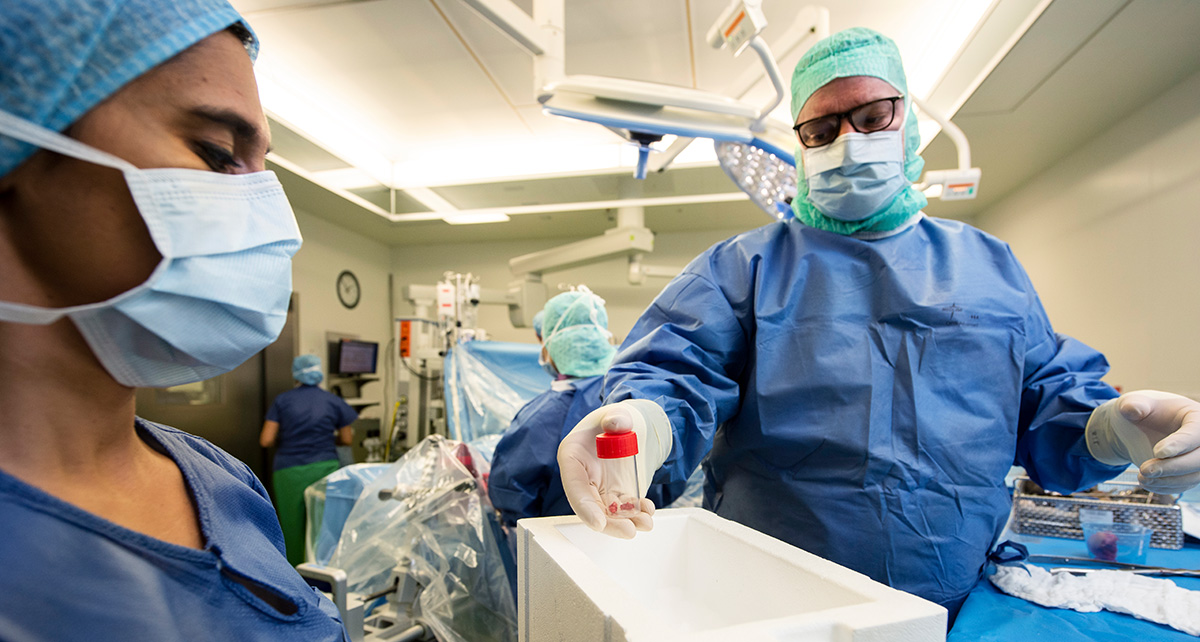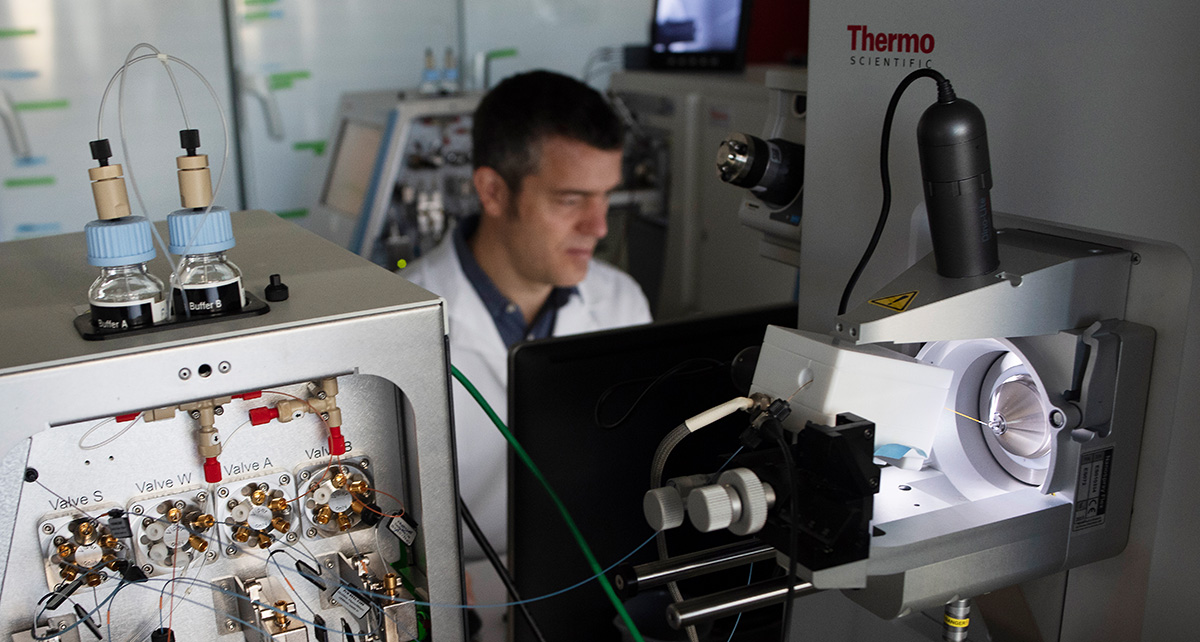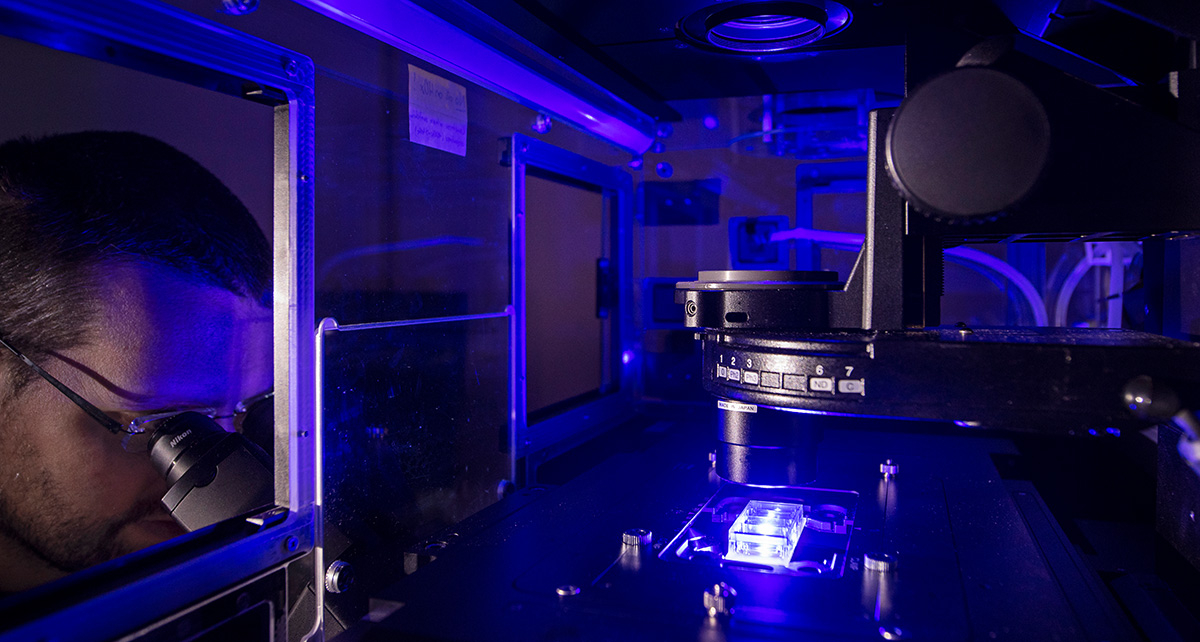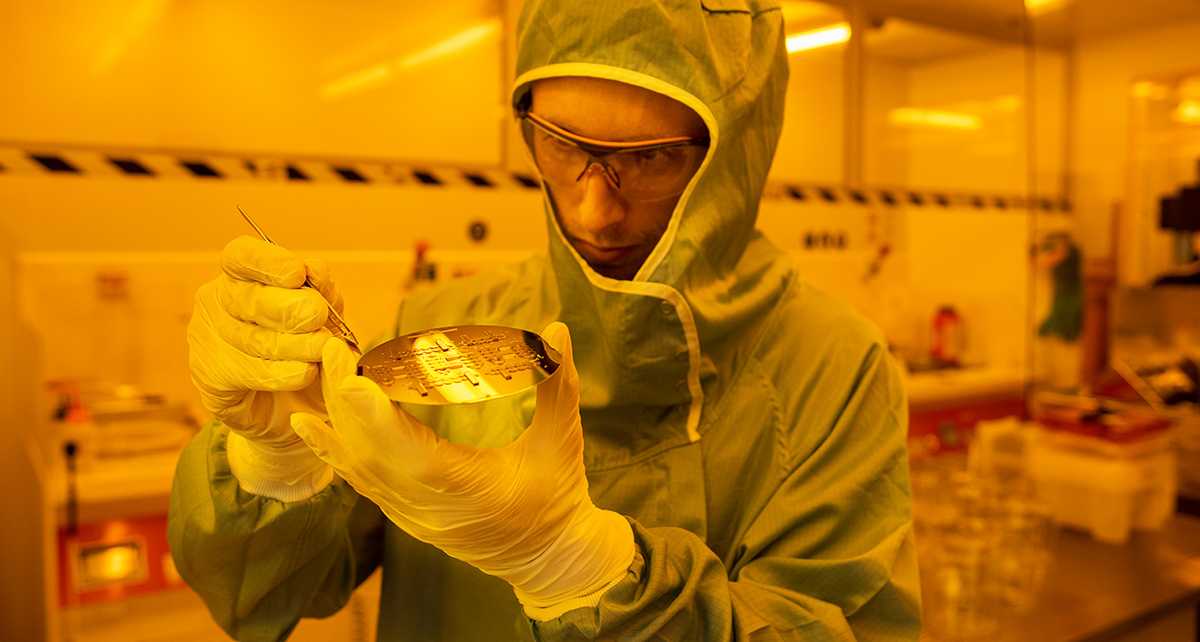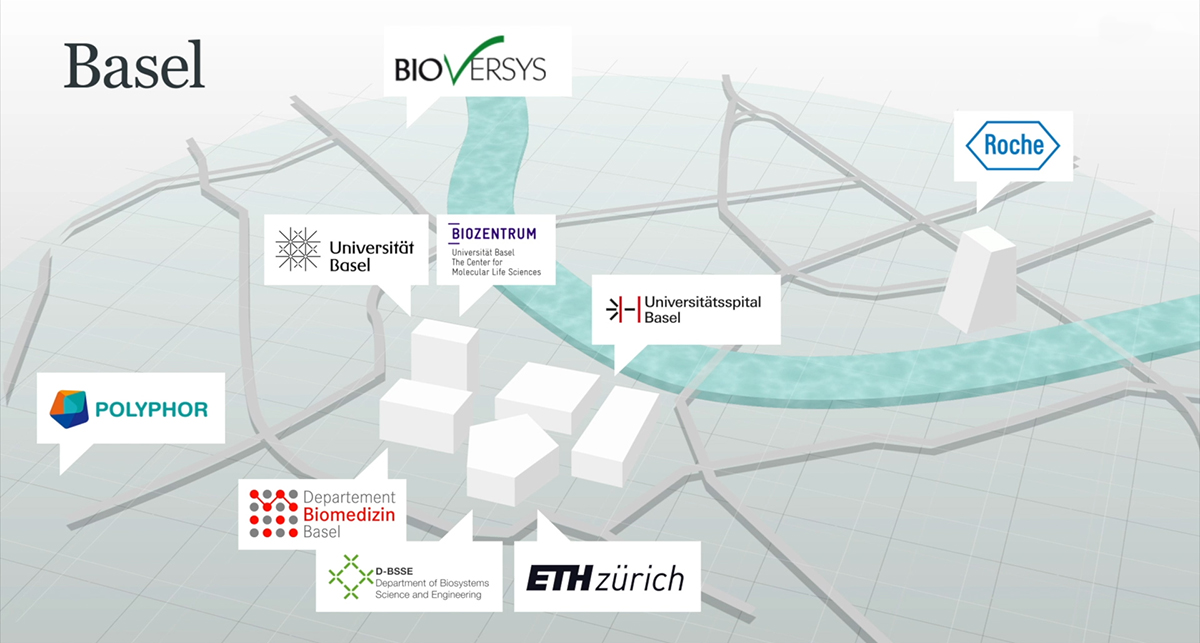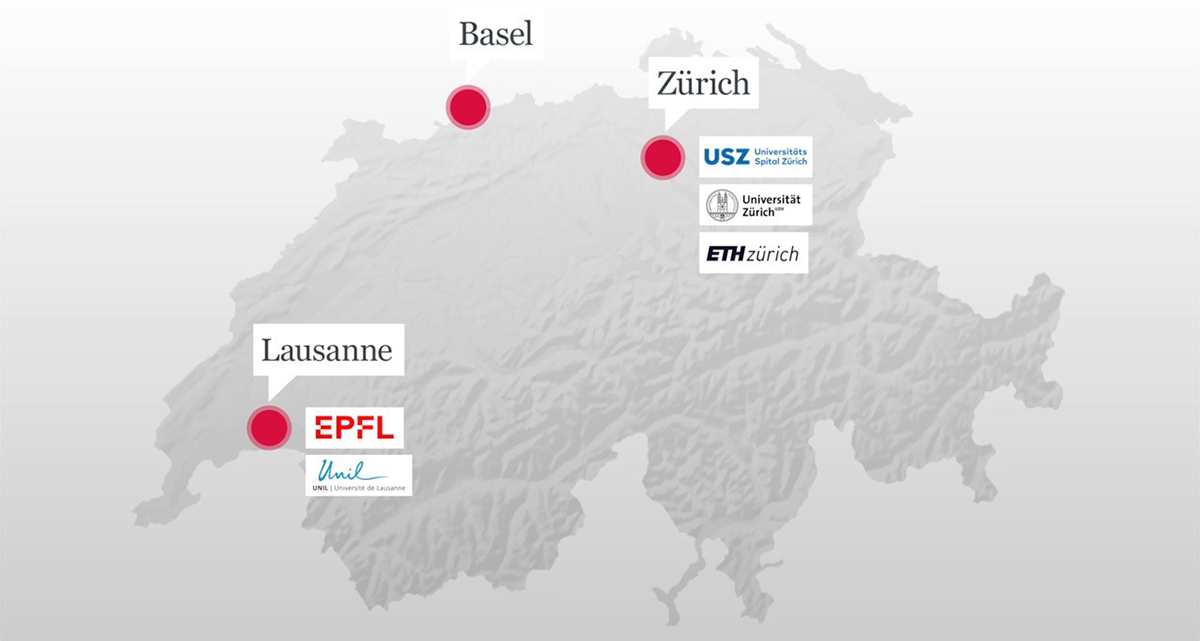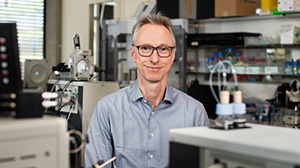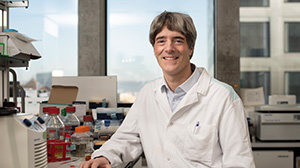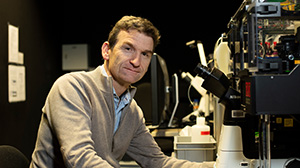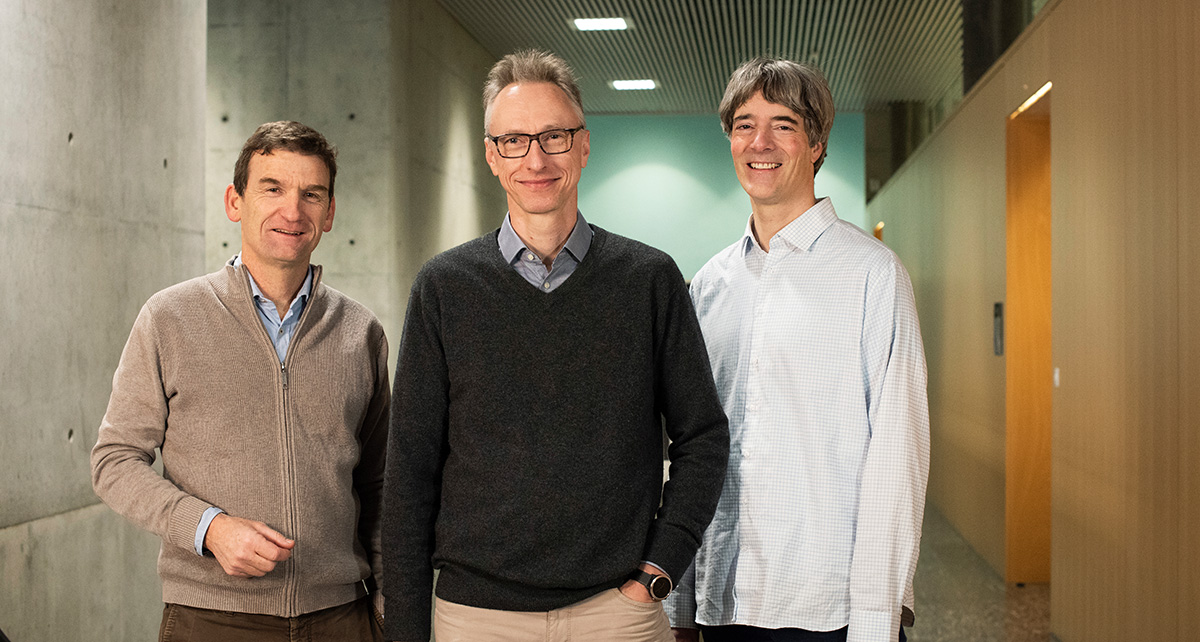NCCR AntiResist
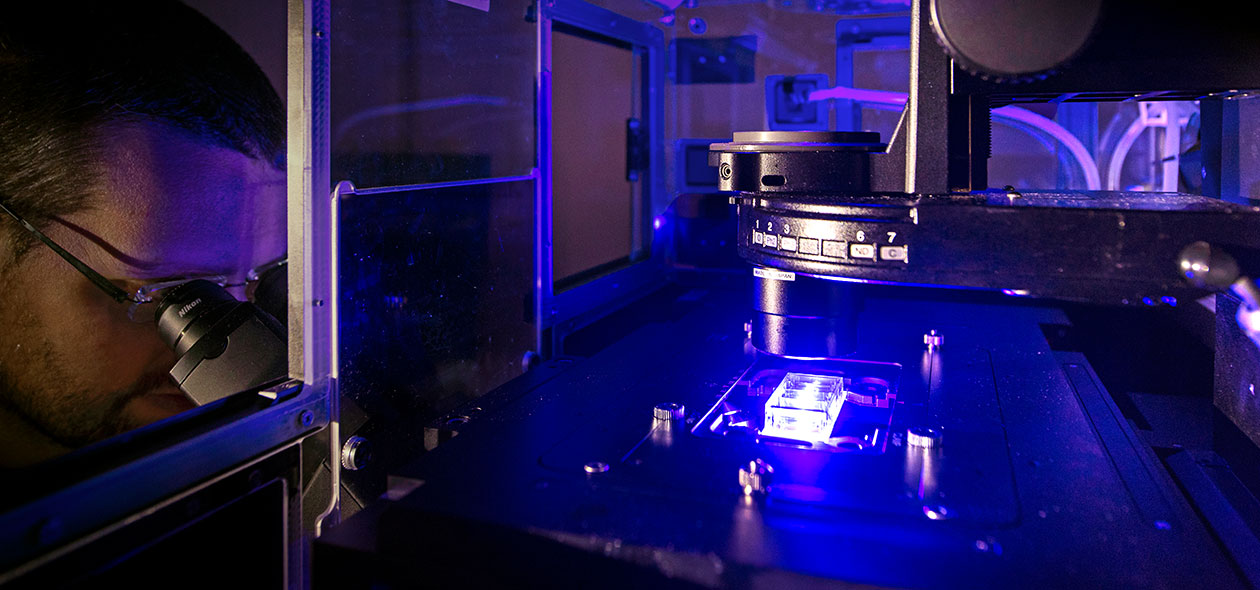
The Department Biozentrum heads National Center of Competence in Research (NCCR) for antibiotics and antibiotic resistance.
The NCCR AntiResist: New approaches to combat antibiotic-resistant bacteria will establish an interdisciplinary center for antibiotic research, in collaboration with researchers based at the Biozentrum, University Hospital Basel, the Department of Biomedicine and the Department of Biosystems (D-BSSE) at ETH Zurich in Basel. The aim is to find new antibiotics and develop alternative strategies to combat antibiotic-resistant bacteria by linking basic research directly with clinical research.
The background is the increase in antibiotic resistance, which is an ever more pressing threat to global health and a problem in day-to-day clinical practice. Prof. Dehio and his team will develop these new active agents by starting with the patient. They aim to use specific tissue culture models in the lab to realistically simulate the infection process in humans, in order to discover new approaches for innovative antibiotics. This will build the groundwork for future collaboration with the pharmaceutical industry in the development of new drugs.
Aims
The funding of an NCCR extends over a total of three funding phases of four years each. «AntiResist» has established the following research focus for each of the three phases:
- In Phase 1, the focus is on four critical bacterial pathogens that are particularly relevant for the clinic. For this purpose, the researchers will use patient samples from clinical studies at the University Hospitals of Basel and Zurich and investigate these with the aid of cutting-edge analytical methods.
- In Phase 2, tissue models will be developed that recapitulate conditions as in infected patients. The establishment of high-throughput screening platforms by engineering partners at the D-BSSE serves the search for new drugs.
- The goal of Phase 3 is to develop the identified compounds for novel therapies in close collaboration with industry and hospitals.
The Swiss National Science Foundation is supporting the NCCR in its initial funding phase from 2020 to 2023 with 17 million Swiss francs and in the second phase from 2024 to 2028 with 20.4 million Swiss francs.
Interdisciplinary network
«AntiResist» will be headed by Prof. Christoph Dehio and supported by the Deputy Directors Prof. Dirk Bumann and Prof. Urs Jenal. All three are infection biologists at the Biozentrum of the University of Basel. 24 research groups will collaborate on the research project. At the core of the NCCR are 14 research groups in Basel working at the Departments Biozentrum and Biomedizin as well as the University Hospital Basel and the Department of Biosystems Science and Engineering (D-BSSE) of the ETH Zurich in Basel. On the new campus "Schallemätteli", these groups will conduct research in immediate proximity to each other.
Further research groups are located in Zurich (ETH, University of Zurich and University Hospital Zurich) and Lausanne (EPFL and University of Lausanne). An international research team from the Ben-Gurion University in Beersheba, Israel, is also part of this network.
The NCCR «AntiResist» pursues a unique, interdisciplinary research approach, involving the participation of clinicians, biologists, engineers, chemists, computer scientists and drug developers. This brings together critical expertise from completely different research disciplines that optimally complement each other in order to tackle one of the major challenges of modern medicine.
For further information, please go to the main project website.

